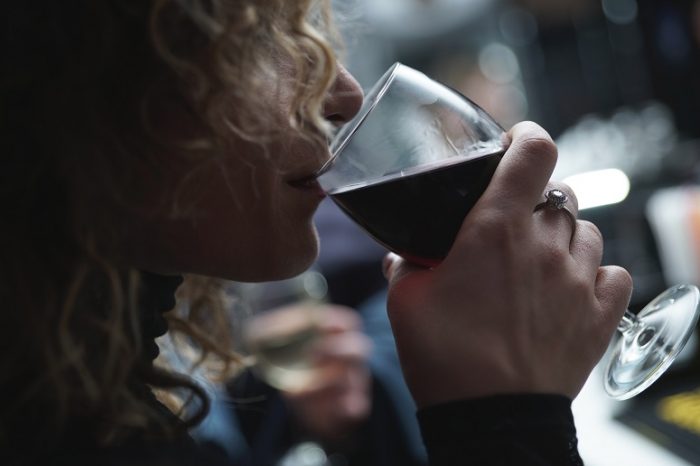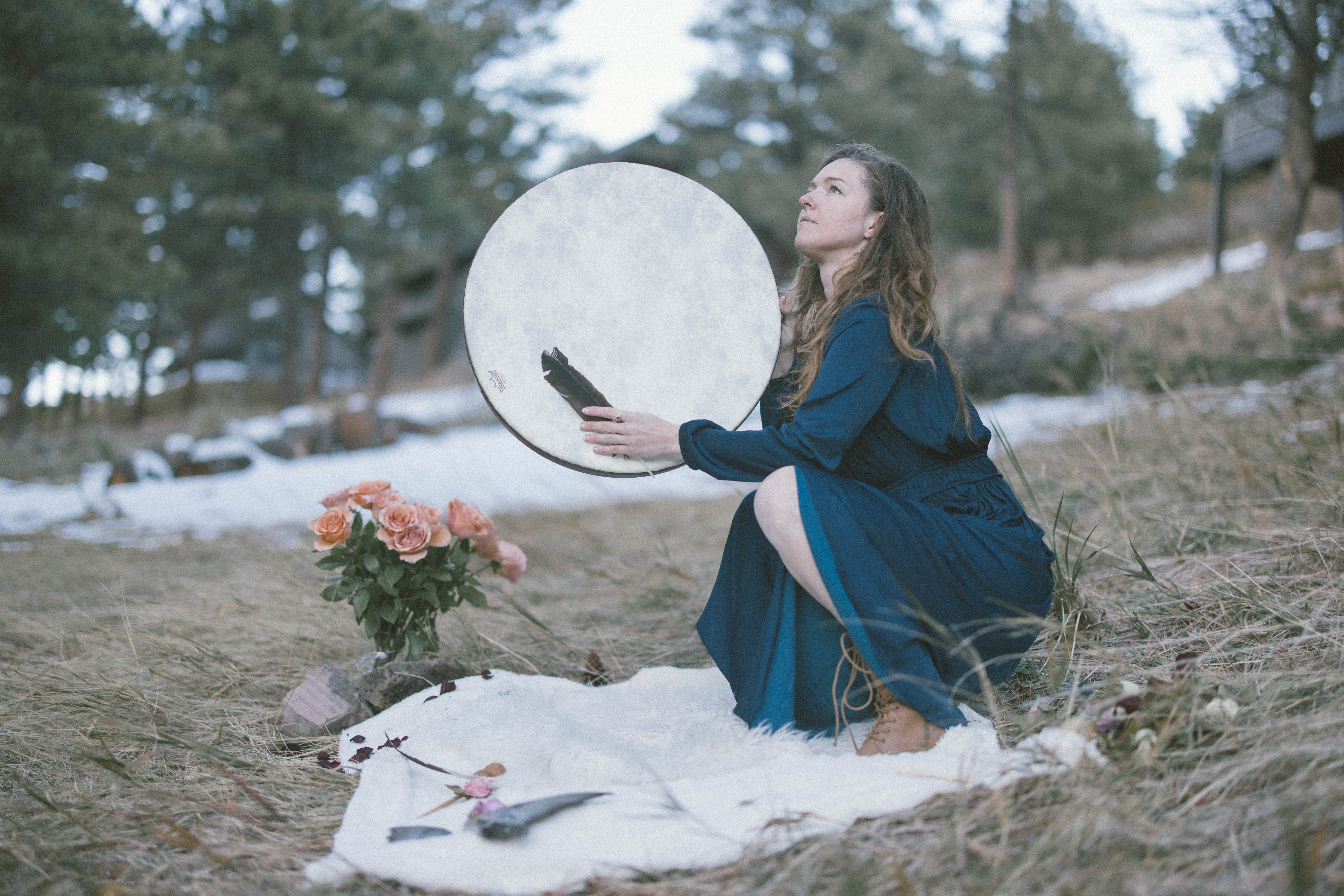Wine is an ancient form of alchemy, a process of turning sweet grapes into dry alcohol, that has been around since the neolithic period in ancient Egypt and Greece.
Wine was safer to drink than water due to its alcohol content, and therefore led to better health and longevity. And, of course, wine made social gatherings more enjoyable.
Wine became an important part of religious life and was considered a way of obtaining a closer connection to the gods in many different religions throughout history, including the story of the Last Supper in Christianity.
Wine has been made by many cultures ever since. Unfortunately, in recent decades, the commercialization of wine has taken a significant toll on its quality.
Wine can be made completely naturally—that’s how wine was made in ancient times of course. Leave grapes in a vat, crush them or stomp on them every day, keep fruit flies away with a towel or sheet draped over, and wild yeast will set in and turn the grape juice, commonly called must, into wine.
Naturally made wine needs to be pressed off the grape skins and then aged for quite some time (red wines up to two years), to allow the sediment and particles to settle before transferring it into bottles. The wine is then bottle-aged to allow it to soften and develop complex flavors.
Commercial pressures have forced many large wine production facilities to develop several methods to speed up that process by using refining agents, extreme filtering, and many different chemicals to artificially develop the taste earlier and more consistently. In fact, not too long ago, the United States had over 60 approved chemicals and 12 approved refining processes for wine, including the purple concentrate additive for a deeper color (which is what turns your teeth purple).
To this day, production companies are not required to disclose those additives to the consumer. These heavily processed wines translate into teeth-staining, poorly flavored, artificially produced, and chemically infused drinking.
Luckily, there’s always been a faction of winemakers that preserved natural winemaking practices. And the movement in the United States has been slowly but steadily growing. There are even a couple of online wine clubs that will ship only naturally made wines to your home. They do the research for you, including scientific testing for levels of sulfites and sugars, since the labels can’t tell you whether or not the wine is made naturally. The term “natural” has no legally defined meaning in the wine-making world.
Finding wine made naturally means finding wine made from true alchemy, a sacred process. Expert winemakers will tell you that wine is an art, as science can never completely understand or predict it—which is why commercial producers try throwing as much science and chemicals at it to try and make it taste the same in the name of consistency and brand loyalty.
What does any of this have to do with spirituality?
To some, declaring that an alcoholic beverage is a large part of spirituality seems strange and even antithetical. But I’m not being tongue-in-cheek here.
Although some of us may go on a quest of asceticism, living in the mountains, and fasting to attain a heightened level of spiritual enlightenment, there are many of us who want to actually live our physical lives. We want to eat, drink, laugh, run, and play. In fact, if we all became monks living in the mountains, we would all certainly die and be unable to experience this physical life at all. It can’t possibly be why we were put on this earth to begin with.
Don’t get me wrong, the ascetic monks are an integral part of this world. They inspire us and bring enlightened wisdom down from the mountains. But my point is, we can’t all be them. And, we aren’t all meant to be them.
Living and experiencing a physical life is what most of us were meant to do. And it’s become the guiding light of my spirituality. This means doing both the spiritual “work”—meditating, connecting to intuition, digging deep to uncover inner wisdom, reading sacred texts, or performing rituals under the full moon—and also bringing that wisdom and guidance into our physical lives.
Our spiritual quests give our lives purpose and meaning and moral guidelines. But, we also are so lucky to have the chance to experience this earthly life—taste awful and decadent food, stare in awe at a starlit sky in the desert, to feel the comfort of a soft blanket in a cozy home, or to experience the near-death thrill of adventure…to live the adjectives we use when we write.
What better way to show our gratitude to whatever higher power than by celebrating! Celebrating life and all its earthly pleasures. Eating decadent food, experiencing intimate connection, feeling the grass beneath our bare feet.
Wine has always had a particular way of representing a celebration and of bringing people together—even more so than any other naturally made food or beverage. Walk into a room of friends with empty wine bottles and full glasses on the table, and you’ll notice that wine can lift the spirit of a room into happiness, giddiness, and laughter. Wine is for dinner parties, and game nights, and galas, and outdoor barbecues.
Wine is also an important part of religious and pagan rituals, like communion in church or alchemical rituals using chalices on a wiccan altar.
Whether we are celebrating life or intentionally connecting with the divine, we are saying thank you to whatever higher power we believe in for allowing us to experience and live this sacred, earthly life.


 Share on bsky
Share on bsky





Read 1 comment and reply